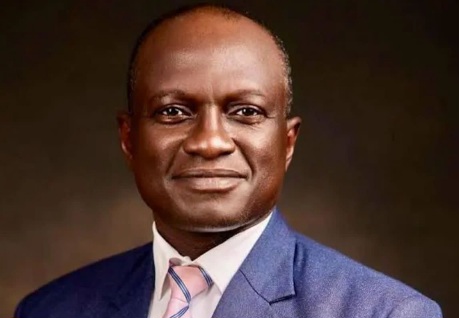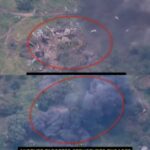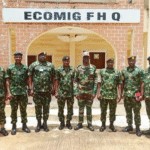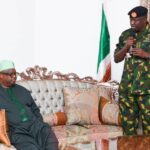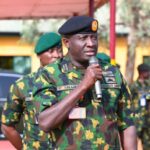By Augustine Ehikioya
To match rising digital exploits by terrorists in the Africa continent, the National Coordinator of Nigeria’s National Counter Terrorism Centre (NCTC), Major General Adamu Garba Laka, has called for increased resilience, innovation, and stronger collaboration across borders.
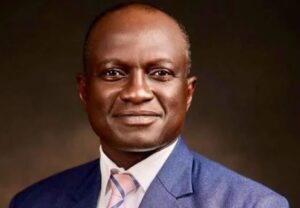
Speaking at the Regional Conference On Combating Emerging Terrorist Groups and Strengthening Sustainable Security In The ECOWAS Region And The Sahel, he noted that the region has continuean escalating wave of terrorism.
The NCTC Boss, who is the National Coordinator of the Conference, also said such groups including Boko Haram, the Islamic State West Africa Province (ISWAP), Jama’at Nasr al-Islam wal Muslimin (JNIM), Al-Qaeda, and the Lakurawa Group, have exploited porous borders, political instability, and weak governance systems to expand their operations.
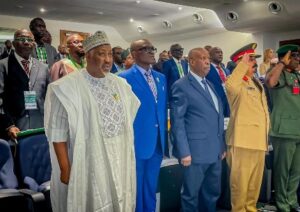
The consequences, he said, are devastating: countless lives lost, entire communities displaced, economies disrupted, and the very fabric of our societies threatened.
His words “What makes this conference particularly urgent is that these groups are not only multiplying but exploiting digital spaces as well as new technologies to fight, radicalise and recruit, especially our youth.
“This evolving threat demands that we match their adaptability with resilience, innovation, and stronger collaboration across borders,” he stated.
Stressing that the conference is organised in close collaboration with the ECOWAS Commission, he said, that it directly responds to the call made by leaders at the ECOWAS Extraordinary Summit of December 2024, which urged the operationalisation of “the ECOWAS Counterterrorism Force, mobilisation of sustainable funding, and enhanced cross-border cooperation.”
He added that the conference also aligns with the ECOWAS Plan of Action (2020–2024), the Accra Initiative, Nigeria’s National Counter Terrorism Strategy, and Strategic Plan (2025–2030).
“Collectively, these frameworks reflect our shared commitment; what is left is to move from words to pragmatic action.”
Pointing out that no single Country or institution can defeat terrorism alone, he said it is a regional and global challenge that thrives on disunity.
“Nigeria therefore deeply values the contributions of the African Union, the United Nations, the European Union, and our international partners.
“Yet, beyond global support, we must also amplify the voices and capacities of our own people, civil society, youth, religious leaders, academia, and the media who play vital roles in preventing radicalisation, countering extremist narratives, and building resilient communities.
“Sustainable security is not about military actions but about winning hearts and minds, restoring trust in governance, and investing in human development.”
The Conference, he said, is expected to yield:
• A comprehensive situational analysis of the new and emerging terrorist groups operating in our region.
• Renewed commitment to operationalise the ECOWAS Counterterrorism Force and ensure it is adequately resourced.
• A clear roadmap for enhancing intelligence sharing and securing our porous borders.
• Practical strategies for mainstreaming youth, civil society, and media actors into the regional security architecture.
• And finally, a communique that captures actionable recommendations, to guide governments and institutions in the months and years ahead.
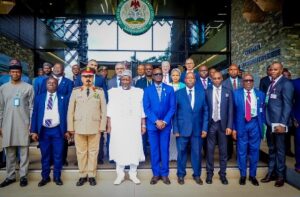
The regional Conference held in Abuja, Nigeria from 3 – 4 September was a high-level gathering aimed at facilitating robust dialogue and fostering coordinated responses to the alarming rise in terrorism and violent extremism across West Africa and the Sahel.
“It will serve as a regional platform for reviewing emerging threats, evaluating current response mechanisms, and charting a comprehensive path toward sustainable peace and security in the region.”
The conference adopted a participatory, multistakeholder format designed to stimulate dynamic discussion, peer learning, and strategic collaboration.



